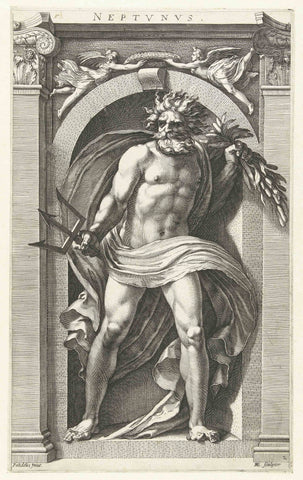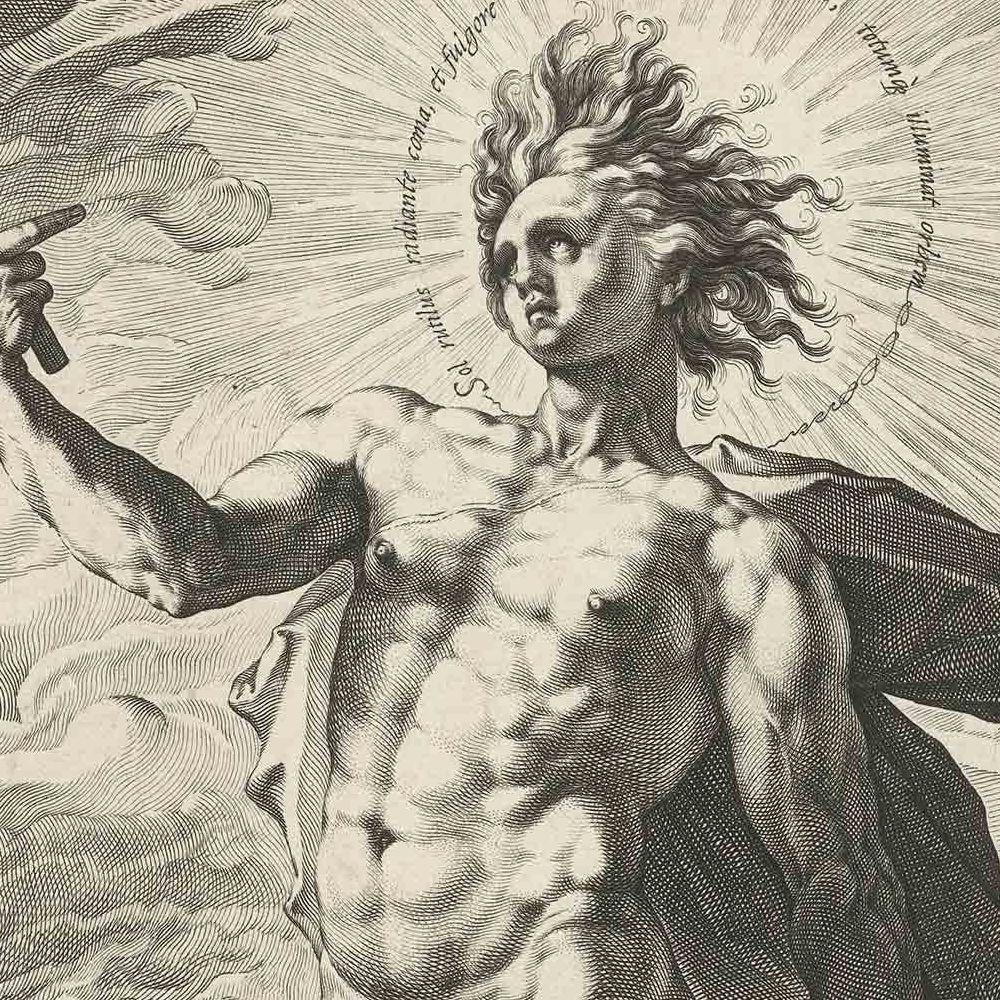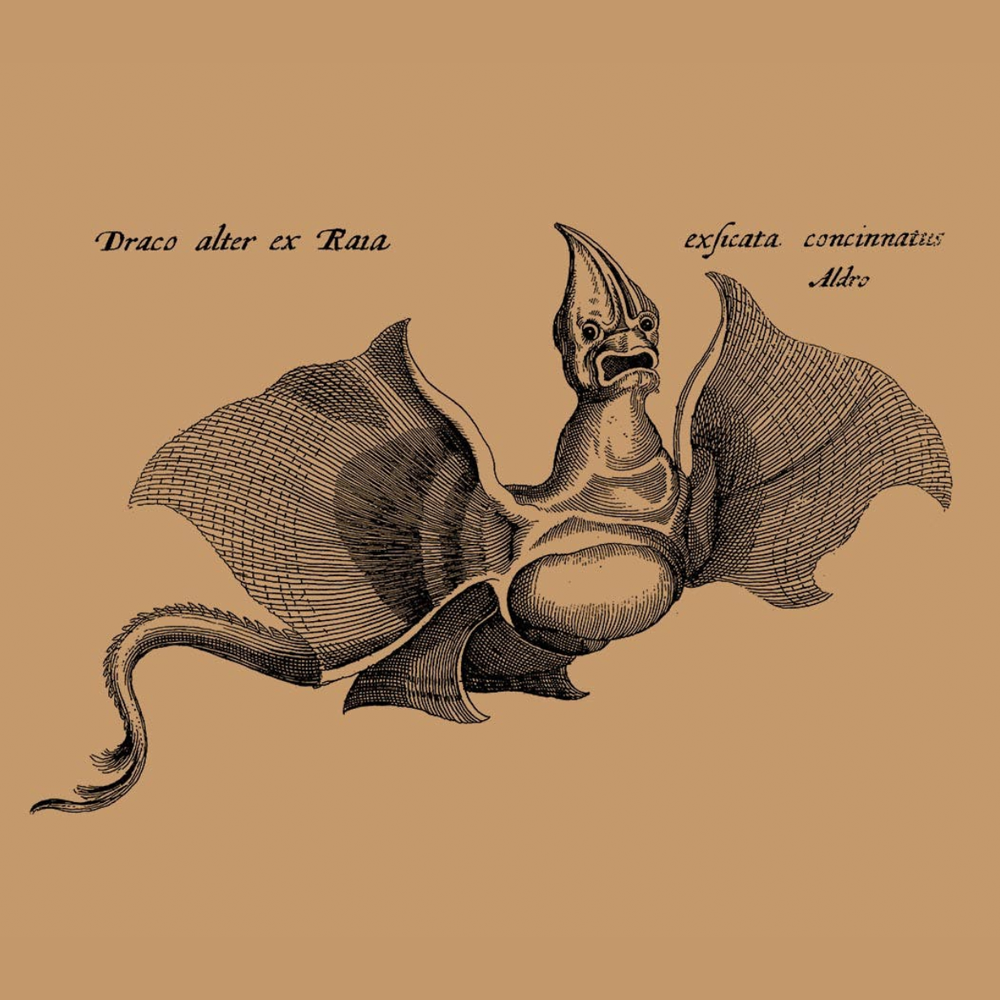Introducing Zeus, King of the Gods

|
Zeus is one of the principal deities in Greek mythology, also known as Jupiter in Roman Mythology. He is the king of the gods and men who rules over Earth and Mount Olympus, the Greek gods' home. He commands the sky and weather, and his signature weapon is the thunderbolt.
In addition to his position as king of the gods, Zeus is 'keeper of the oaths' and required liars to atone by publicly dedicating a statue to him. Zeus is the patron of the marketplace and is responsible for punishing dishonest traders. He is also the protector of travellers and guests, as acting inhospitably in Ancient Greece warranted divine punishment.
Who is Poseidon?

|
Poseidon was one of the Twelve Olympians in ancient Greek religion and myth, god of the sea, storms, earthquakes and horses. In pre-Olympian Bronze Age Greece, he was venerated as a chief deity at Pylos and Thebes. He had also the cult title "earth shaker". In the myths of isolated Arcadia he is related with Demeter and Persephone and he was venerated as a horse, however it seems that he was originally a god of the waters. He is often regarded as the tamer or father of horses, and with a strike of his trident, he created springs which are related with the word horse. His Roman equivalent is Neptune.
What is the role of Hermes?
|
Hermes is an Olympian deity in ancient Greek religion and mythology. Hermes is considered the herald of the gods. He is also considered the protector of human heralds, travellers, thieves, merchants, and orators. He is able to move quickly and freely between the worlds of the mortal and the divine, aided by his winged sandals. Hermes plays the role of the psychopomp or "soul guide"—a conductor of souls into the afterlife. In myth, Hermes functioned as the emissary and messenger of the gods, and was often presented as the son of Zeus and Maia, the Pleiad. He is regarded as "the divine trickster," for which Homer offers the most popular account in his Hymn to Hermes. His attributes and symbols include the herma, the rooster, the tortoise, satchel or pouch, talaria (winged sandals), and winged helmet or simple petasos, as well as the palm tree, goat, the number four, several kinds of fish, and incense. His main symbol is the caduceus, a winged staff intertwined with two snakes copulating and carvings of the other gods. His attributes had previously influenced the earlier Etruscan god Turms, a name borrowed from the Greek "herma". In Roman mythology, Hermes was known as Mercury, a name derived from the Latin merx, meaning "merchandise," and the origin of the words "merchant" and "commerce." What are the 12 Labours of Hercules? |
|
The Giant Hercules (1589) by Hendrik Goltzius |
In Greek text, the hero many people know as Hercules was actually named Heracles. Hercules is the Roman version of his name. Heracles was the son of a human mother, and Zeus, the king of the gods. He was known as one of the great heroes of Greece and had the rare honour of being elevated from a mortal to a god. Heracles and his adventures are commonly referred to as The Twelve Labours. They were a set of challenges set by King Eurystheus who Heracles served for ten years as atonement. The twelve labours of Heracles include:
Who is Apollo?

Apollo is a god in Greek mythology, and one of the Twelve Olympians. He is the son of Zeus and Leto and the twin brother of Artemis. He is the god of healing, medicine, archery, music, poetry and the sun. He is the leader of the Muses. He also is a god of prophecy, and his Oracle at Delphi is very important. He also is the god of justice. During the 5th century BC, Apollo became also known as the god of Sun, becoming one with the god Helios, and getting the name Phoebus. He is shown as a handsome young man, wearing a laurel wreath and playing the kithara (lyre). It is known as his symbol. His other symbols include the raven.
Interested in learning more?
Get Greek & Roman Mythology via paperback and eBook. Bring the tales of Greek and Roman mythology to life with this pictorial archive from Vault Editions. This volume contains 135 downloadable images of your favourite gods, goddesses and heroes including, Hercules battling vicious monsters, Theseus slaying the minotaur, the torture of Prometheus, Medusa's downfall at the hands of Perseus, Atlas carrying the weight of the world on his shoulders and Zeus hurling lightning bolts from his fists. It also features beautiful renderings of Mercury, Poseidon, Apollo, Hera, Athena, Achilles, Artemis and many more.







